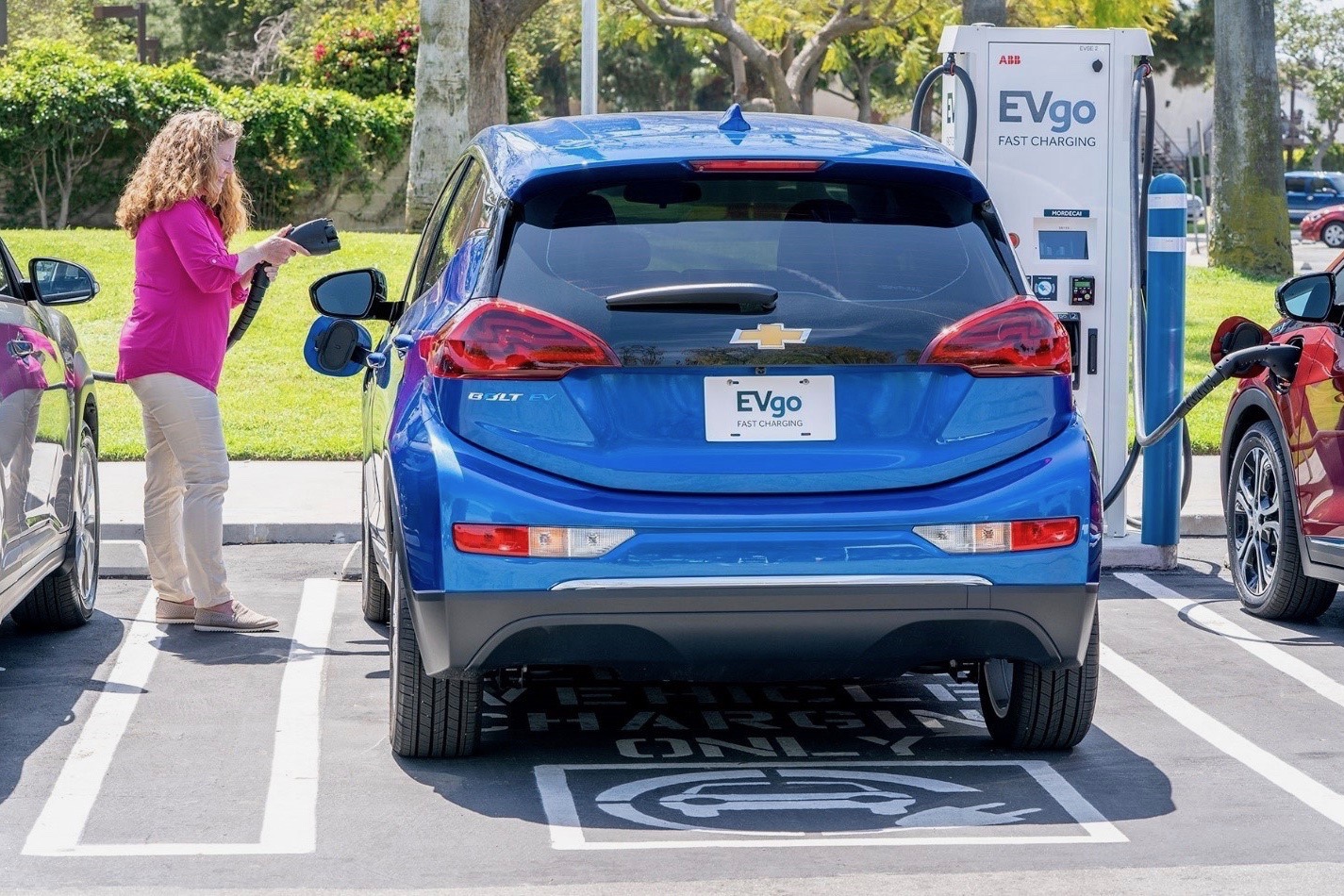
Uber wants more electric cars on its ridesharing network, but those cars will need a place to charge. The company has signed a memorandum of agreement with EVgo, operator of one of the largest networks of public charging stations in the United States. Will that help convince more Uber drivers to go electric?
Details on how the partnership will work are vague, but it will likely start with giving Uber drivers who currently have electric cars easier access to EVgo charging stations. The two companies will also work together to “evaluate where more fast charging is needed” and “how to optimize charging behavior,” according to an Uber press release.
DC fast charging generally gives electric cars an 80% recharge in under an hour, although the specific charging time depends on the car and the power of the charging station. That would be a big help for Uber drivers, who can’t afford to spend hours waiting for their cars to charge at slower Level 2 AC stations. But because DC fast-charging stations are more expensive to build and operate than AC stations, they are also rarer. Expanding the network of fast-charging stations is a priority for operators like EVgo.
Uber and EVgo will also launch a series of pilot programs to find ways of encouraging drivers to switch to electric cars, as well as integrate their respective apps to make it easier for drivers to charge while on the job.
The EVgo partnership is the latest effort by Uber to get more of its drivers to use electric cars. In 2018, it announced a plan to pay certain U.S. drivers who used electric cars. Later that year, the company began adding a surcharge for London rides, putting the money into a fund to support drivers looking to switch to an electric car. EVgo has previously worked with Uber’s main rival, Lyft, on charging, as well as General Motors’ Maven mobility service.
Uber remains mired in controversy. A new report claims Uber’s internal investigation team, which handles customer complaints about crimes such as sexual assault, has not been allowed to report allegations to law enforcement. The company also faces new California regulations that classify rideshare drivers and other workers in the so-called “gig economy” as employees, something Uber has resisted.


